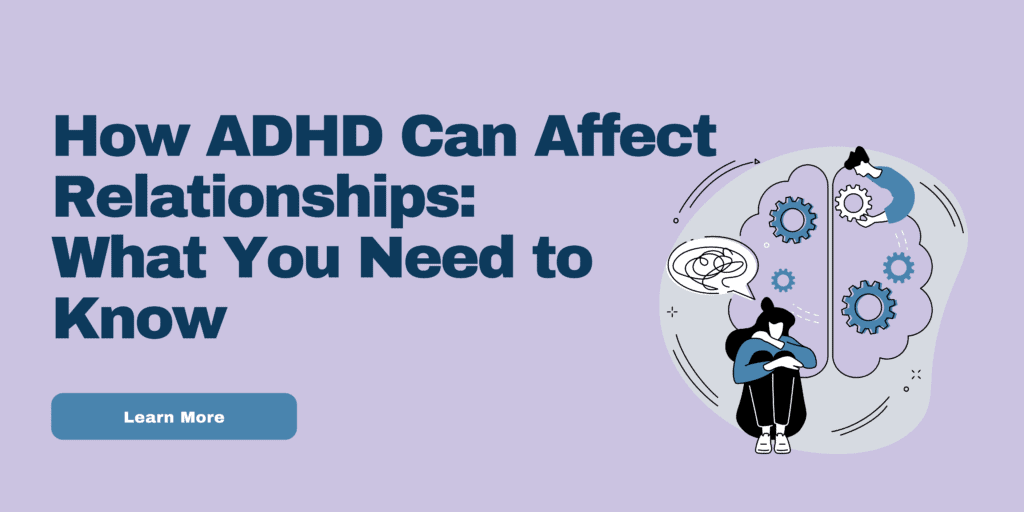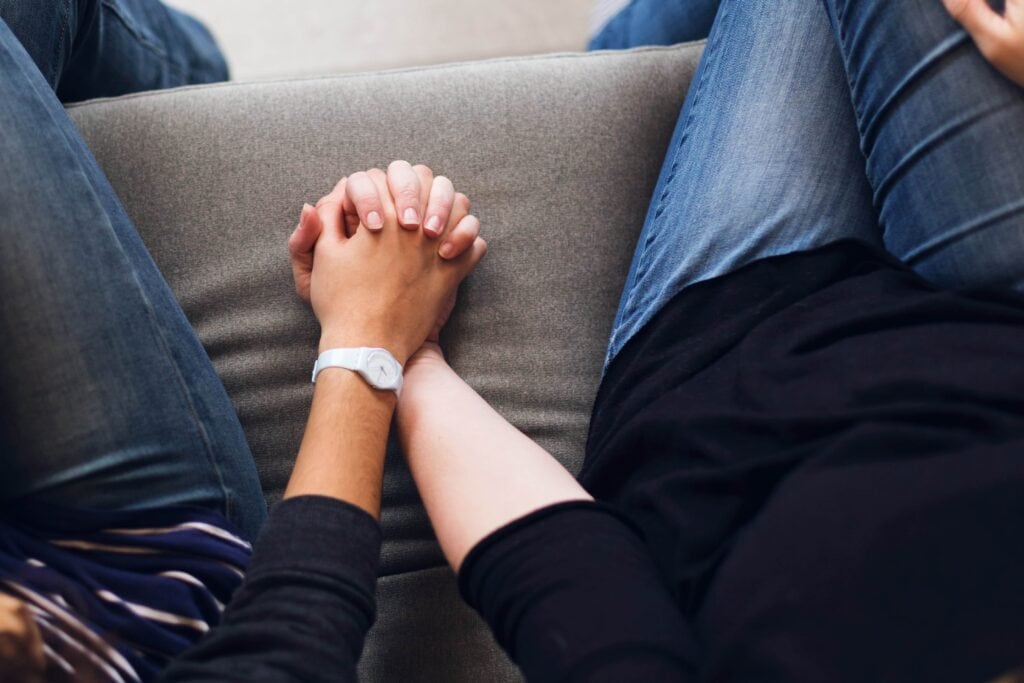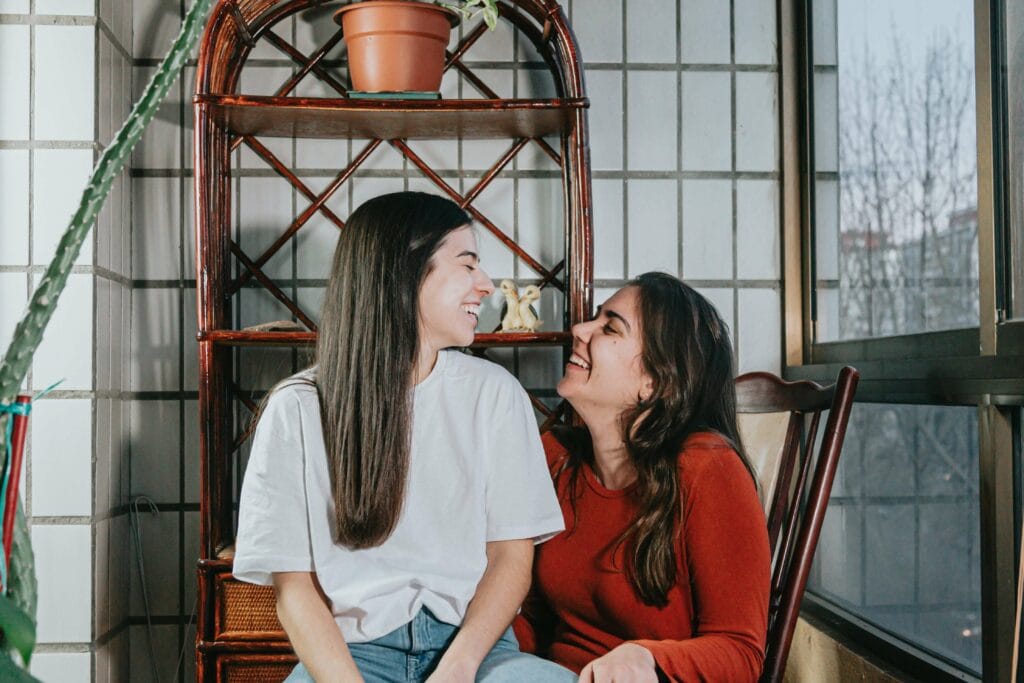Navigating ADHD in Relationships: Understanding and Empathy
When one partner in a relationship has ADHD, it can be difficult for the relationship if the symptoms are not understood. The non-ADHD partner may feel like they are doing all the work in the relationship and repeating themselves over and over. The ADHD partner may feel like they are constantly being criticized for not doing enough and feel spoken down to.
Other symptoms that may impact the relationship is partners with ADHD may interrupt others or be easily distracted during conversations. These difficulties can lead to misunderstandings and conflict between partners.
The Impact of ADHD on Daily Life and Relationships
In addition to communication issues, people with ADHD may also struggle with impulsivity, forgetfulness, completing tasks, and emotional regulation. This can lead to problems such as reckless spending, risky behavior, and emotional outbursts.
All of these factors can put stress on a relationship. It’s important to note that they often feel that their partner just doesn’t understand them and there is something wrong with them.
Creating a Supportive Environment for ADHD Relationships
If you are in a relationship with someone who has ADHD, it is important to learn about how the disorder affects relationships. With understanding comes empathy, and with empathy comes a stronger relationship. This blog post will provide some professional insight into how ADHD can affect relationships.
Understanding the Different Perspectives of ADHD Partners
Both people feel differently through these struggles, and being able to identify and validate these feelings is important in working together.
Here’s how the partner with ADHD may feel:
- Different or misunderstood
- Frustration from unfinished tasks
- Annoyance with a partner who is constantly nagging
- Insecurity or low self-esteem
- Unloved/Unwanted
- Afraid to fail and disappoint their partner
- Seeking validation
And here’s how the non-ADHD partner may feel:
- Angry or frustrated because their partner never follows through
- Emotionally blocked and unappreciated -
- Feeling like they do all the work
- Exhausted from dealing with everything themselves
- Lonely and resentful of their partner’s lack of participation in the relationship
- Worried about their partner and how this will impact them long-term.
The Importance of Patience and Understanding in ADHD Relationships
When it comes to ADHD and relationships, there are a few key points to keep in mind. First, those with ADHD may have trouble staying on task or completing projects, which can be frustrating for their partners. Secondly, communication can be a challenge because those with ADHD may not always understand or remember what was said. Lastly, due to their impulsiveness and high energy levels, those with ADHD may often engage in risky behaviors that can put their partners at risk. If you are in a relationship with someone who has ADHD, it is important to understand these things and work together to create a plan that works for both of you.
If you are the non-ADHD partner:
- Communicate your expectations clearly and concisely, and ask your partner to do the same. Repeat back to each other what you heard until you’re on the same page.
- Help your partner stay on task by problem-solving together to accommodate symptoms instead of expecting them to change.
- Be patient and understanding – ADHD can be a challenging condition to live with.
If you are the ADHD partner:
- Be honest about your struggles and what you need from your partner in order to succeed.
- Create systems that encourage you to stay on task and plenty of reminders to help you stay on track.
- Practice mindfulness meditation to help with impulse control and emotional regulation.
Why empathy is key in understanding and supporting a partner with ADHD
It is important for both partners in an ADHD relationship to understand how the condition affects communication and daily life. Partners of those with ADHD often find themselves dealing with frustration as they try to communicate with someone who has trouble staying on task, remembering details, or following instructions. In addition, people with ADHD may have difficulty regulating their emotions, which can lead to outbursts or arguments. Empathy allows us to recognize that our partner may have been criticized for the same difficulties their whole lives and have developed shame around these parts of themselves.
The role of clear communication in ADHD relationships
The best first step is for both partners to learn more about ADHD, and their partner’s specific subtype. The more knowledge we have, the better equipped we are at problem-solving together. Working as a team can help overcome these issues and feel more connected.
Why creating systems and strategies to accommodate symptoms is important in relationships with partners with ADHD
If you are the partner of someone with ADHD, it is important to be patient and understanding. Remember that your loved one is not being careless or forgetful because they don’t care or appreciate you; they simply struggle in different ways. Try not to take things personally, and instead focus on finding solutions together. Keep in mind that you are on the same team, so offer feedback – not criticism – and offer support when needed; communicate openly and often.
By being patient, empathetic, and understanding, you can make significant progress. With a little effort from both parties involved, ADHD need not stand in the way of a healthy and rewarding relationship.





